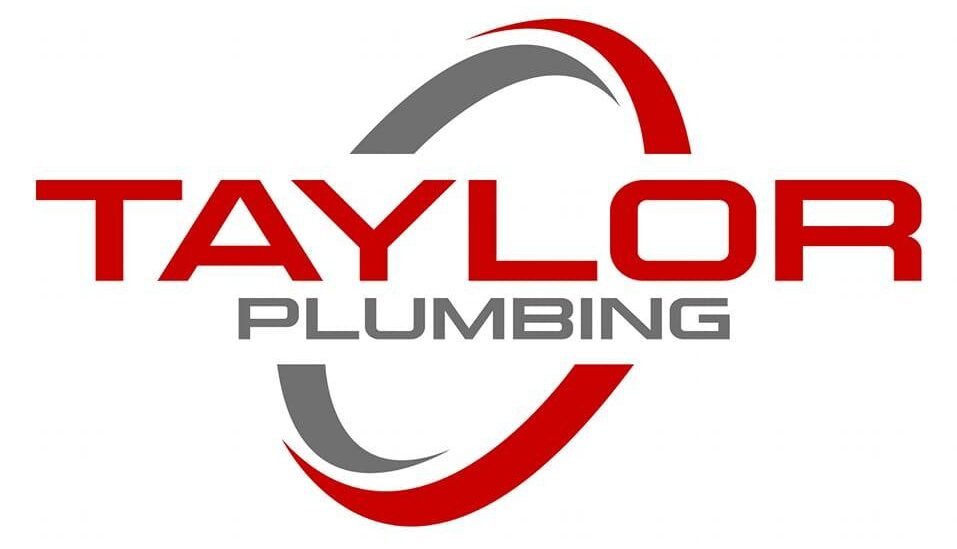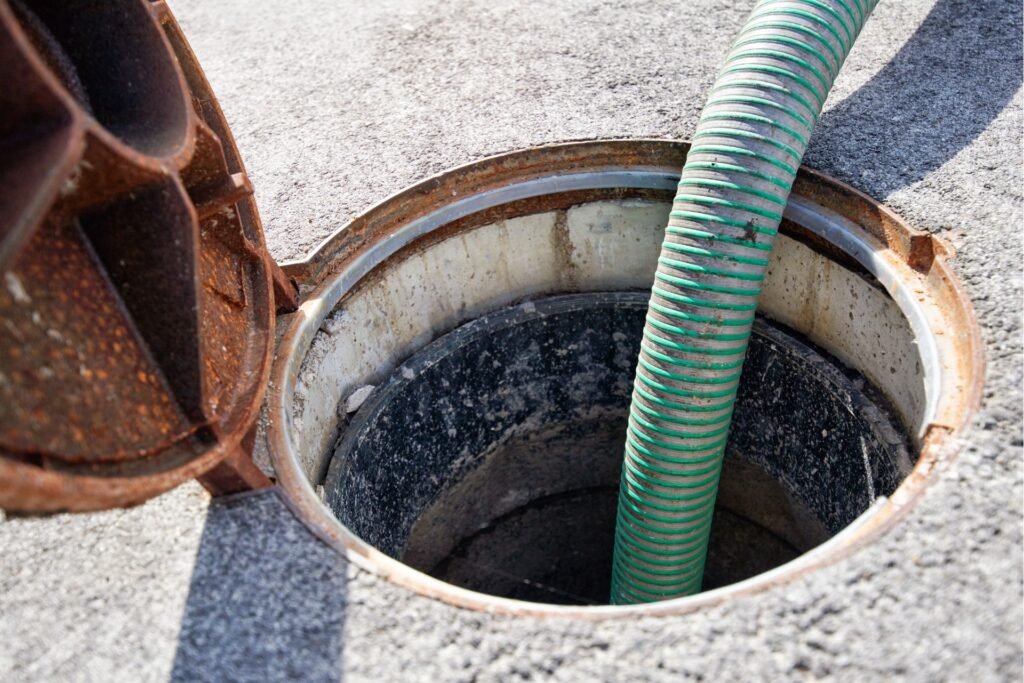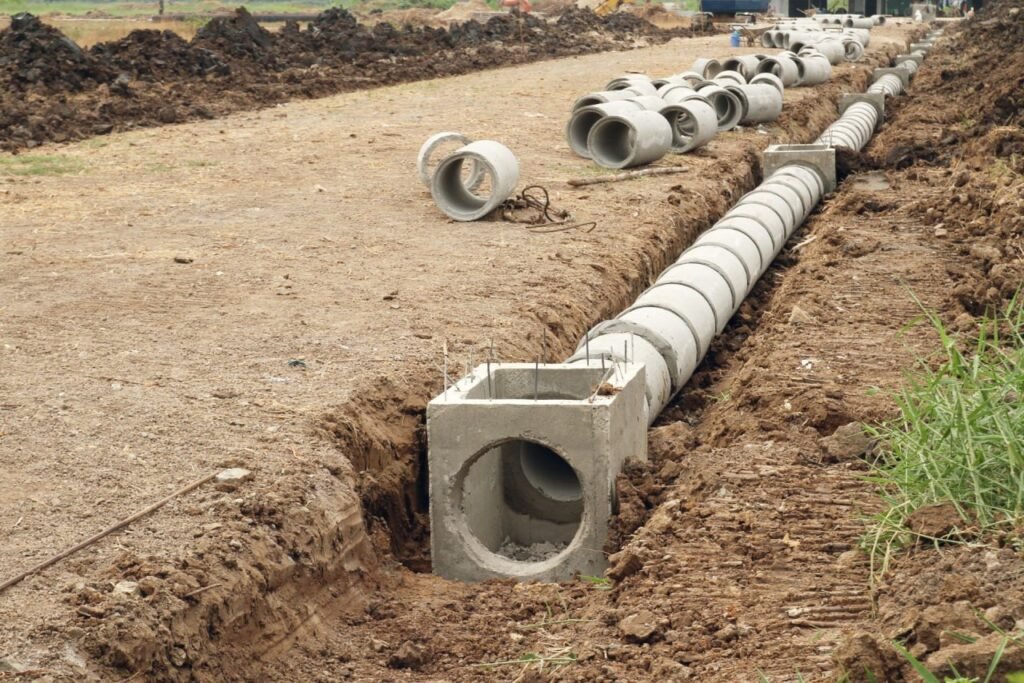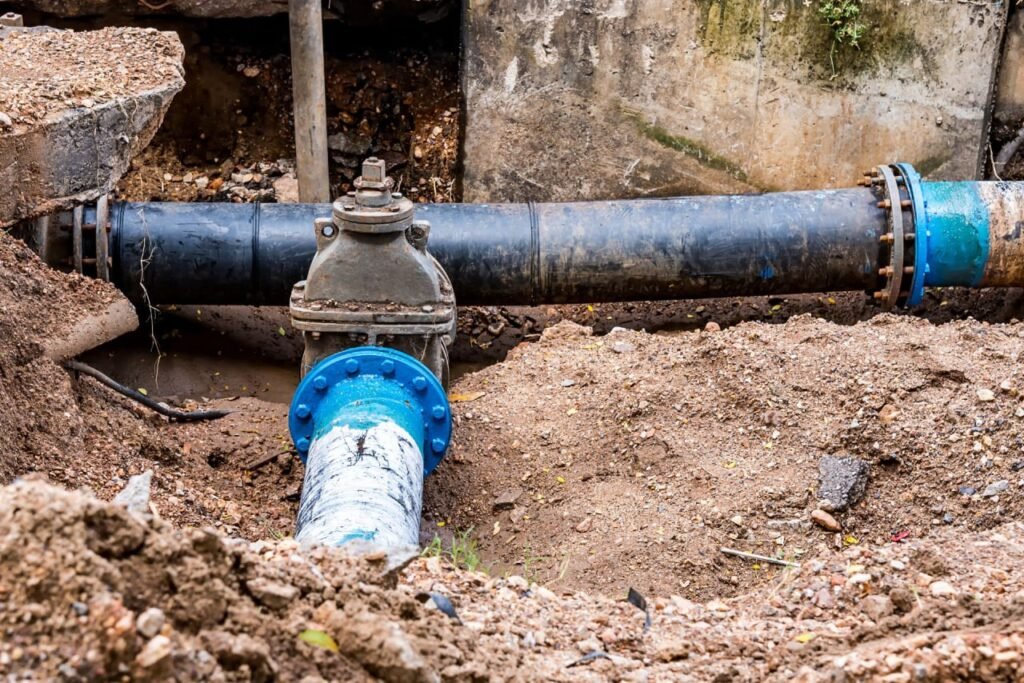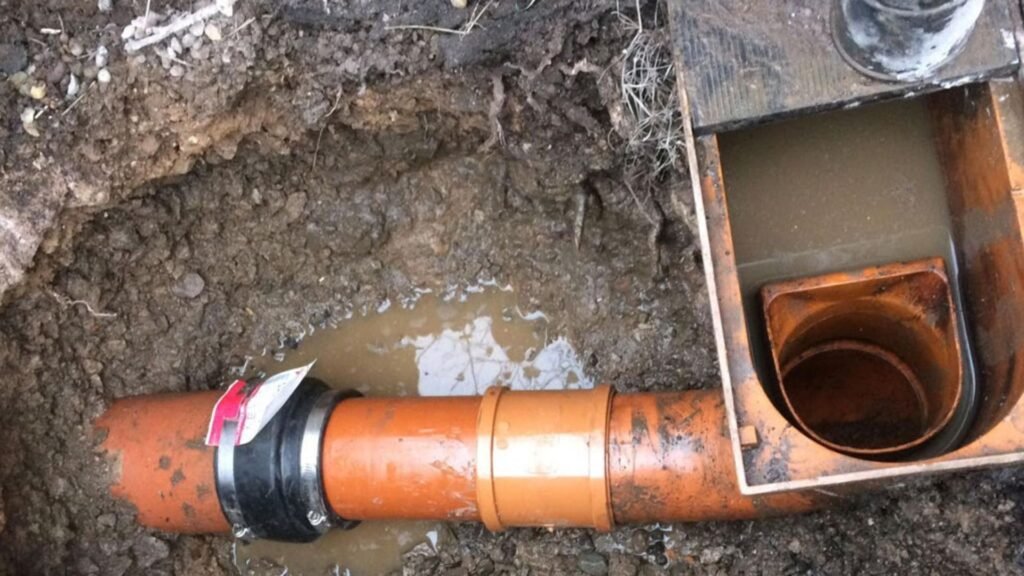Welcome to our in-depth guide on whether vinegar is safe for your septic system. As more homeowners turn to natural cleaning solutions, it’s essential to understand how these products interact with critical household systems. Septic systems, which rely on a delicate balance of bacteria to function correctly, can be sensitive to certain substances. In this article, we’ll explore the science behind vinegar, its common uses in household cleaning, and its impact on your septic system. By the end, you’ll have a clear understanding of whether this popular, eco-friendly cleaner is truly safe for your home’s septic system.
Vinegar is generally safe for septic systems when used in moderation. Its mild acidity helps clean without disrupting the natural bacterial balance essential for a healthy septic tank. Unlike harsh chemicals, vinegar is a natural, eco-friendly alternative that can effectively clean surfaces without harming your septic system.
Table of Contents
Understanding Septic Systems
Basic Overview of Septic Systems
A septic system is a crucial component of waste management for many homes, particularly those in rural or suburban areas where access to centralized sewer systems is limited. At its core, a septic system is designed to treat and dispose of household wastewater on-site, safely returning it to the environment.
The system typically consists of two main parts: the septic tank and the drain field. Wastewater from your home flows into the septic tank, a large underground container made of concrete, fiberglass, or polyethylene. Inside the tank, solids settle to the bottom, forming sludge, while oils and grease float to the top, creating scum. The liquid between these layers, known as effluent, is what flows out of the tank and into the drain field, a network of perforated pipes buried in shallow gravel-filled trenches.
The role of the septic tank is not only to hold solids but also to allow time for the natural processes of digestion to take place. This is where bacteria come into play. These microorganisms break down the organic matter in the wastewater, reducing the volume of sludge and scum over time. Maintaining a healthy bacterial balance in the septic tank is essential, as it ensures the efficient breakdown of waste, preventing blockages and backups.
When the effluent leaves the septic tank, it enters the drain field, where it slowly percolates through the soil. This soil acts as a natural filter, removing harmful bacteria, viruses, and nutrients before the water eventually recharges the groundwater. A well-functioning septic system can operate effectively for decades, but it requires regular maintenance and care to avoid costly repairs or environmental hazards.
Common Products and Their Effects on Septic Systems
The health and functionality of a septic system are heavily influenced by what you put into it. Many common household products, while convenient for daily tasks, can have detrimental effects on the bacterial balance within your septic tank and the overall system’s efficiency.
- Cleaning Products: Many household cleaners, particularly those with high levels of bleach, antibacterial agents, or other harsh chemicals, can disrupt the bacterial activity in your septic tank. While it’s tempting to use these powerful cleaners to sanitize surfaces, they can kill off the beneficial bacteria necessary for breaking down waste in your septic system. Opting for septic-safe or biodegradable cleaning products can help maintain a healthy bacterial balance, ensuring your system continues to function smoothly.
- Personal Care Products: Products like shampoos, soaps, and laundry detergents that contain phosphates or are heavily laden with chemicals can also affect your septic system. These substances can cause a buildup of sludge in the tank, as well as potentially clogging the drain field. When choosing personal care products, look for labels indicating they are “septic safe” to avoid introducing harmful chemicals into your system.
- Medications and Pharmaceuticals: Flushing unused medications down the toilet is never a good idea, especially for septic systems. Antibiotics, in particular, can be highly disruptive to the bacterial ecosystem within your septic tank. Instead, properly dispose of medications through a pharmacy take-back program or another safe method.
- Food Waste and Grease: While many people have garbage disposals in their kitchens, it’s important to understand that using them can add extra strain to your septic system. Food waste, especially grease and oils, can contribute to the formation of scum and sludge layers in the tank, potentially leading to blockages or the need for more frequent pump-outs. Composting food scraps instead of sending them down the drain is a better alternative for your septic system.
In conclusion, understanding how your septic system works and the potential impact of everyday products is vital for its long-term health. By choosing septic-safe products and being mindful of what goes down your drains, you can help ensure your system remains efficient, environmentally friendly, and free of costly issues.
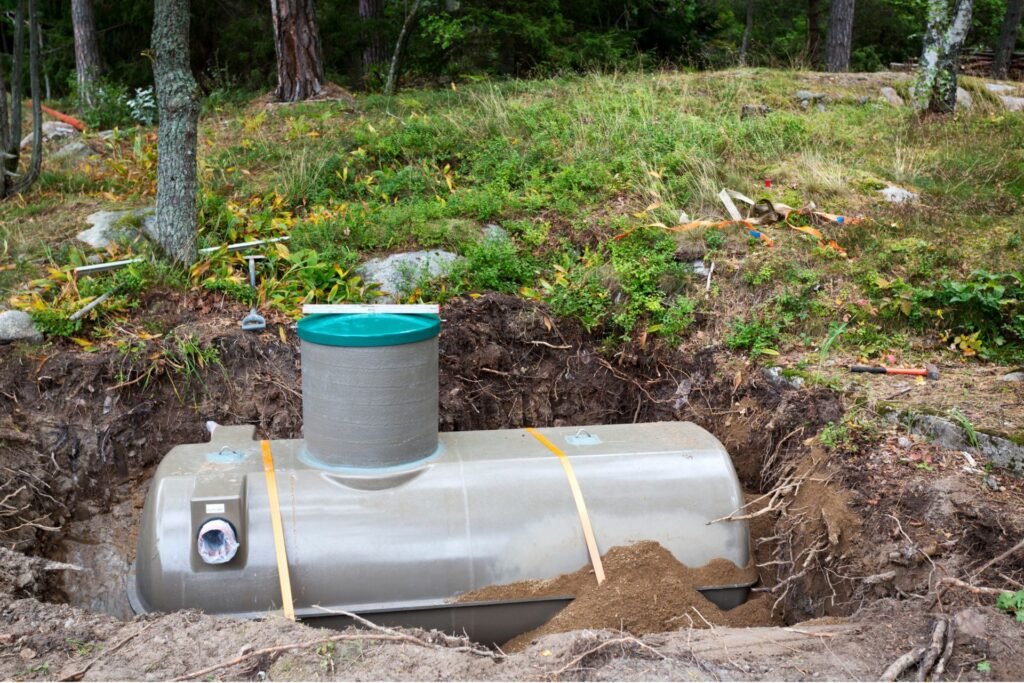
What Is Vinegar?
Vinegar is one of those household staples that many of us take for granted, but it’s a product with a surprisingly rich history and an array of uses that go far beyond just flavoring food. Essentially, vinegar is a liquid produced through the fermentation of ethanol by acetic acid bacteria. This fermentation process transforms alcohol into acetic acid, giving vinegar its distinctive tangy taste and potent cleaning properties. The result is a versatile product that has been used for centuries in cooking, medicine, and cleaning.
Types of Vinegar
Vinegar isn’t just a one-size-fits-all product. In fact, there are several different types of vinegar, each with its unique flavor profile and use cases. Here’s a closer look at some of the most common types:
- White Vinegar: This is perhaps the most familiar type of vinegar, often used for both cooking and cleaning. Made from grain alcohol, white vinegar is clear and has a sharp, biting flavor. It’s also the go-to for many household cleaning tasks due to its high acidity and lack of coloring agents.
- Apple Cider Vinegar: Made from fermented apple juice, this vinegar has a distinct amber hue and a slightly sweet taste. It’s popular in health circles for its supposed benefits, including aiding digestion and improving skin health. It’s also used in various recipes and can be a mild cleaning agent.
- Balsamic Vinegar: Originating from Italy, balsamic vinegar is known for its deep, rich flavor and dark color. It’s made from grape must and aged for several years, giving it a complex taste that’s perfect for salads, marinades, and even desserts.
- Red and White Wine Vinegar: These are made from red and white wines, respectively. They’re often used in salad dressings and marinades, bringing a wine-like flavor to dishes. Each type of vinegar carries the characteristics of the wine it’s made from, making them great for gourmet cooking.
- Rice Vinegar: Common in Asian cuisine, rice vinegar is made from fermented rice and has a milder, slightly sweet flavor. It’s used in sushi rice, dressings, and dipping sauces.
- Malt Vinegar: Made from barley, malt vinegar has a strong, distinctive flavor. It’s famously paired with fish and chips but can also be used in pickling.
Each type of vinegar brings something unique to the table, whether you’re cooking up a storm in the kitchen or tackling a tough cleaning job.
Chemical Composition of Vinegar
The power of vinegar lies in its chemical composition. The key ingredient in vinegar is acetic acid, typically comprising about 5% to 8% of the solution, with water making up the rest. This acetic acid is what gives vinegar its strong smell and sour taste. It’s also responsible for vinegar’s effectiveness as a cleaning agent.
Acetic acid is a weak acid, but it’s strong enough to dissolve mineral deposits, grease, and grime, which is why vinegar is so effective for cleaning purposes. When vinegar is mixed with alkaline substances, such as baking soda, it reacts to form water and a salt, often releasing carbon dioxide gas in the process. This reaction is why vinegar and baking soda together create such an effective cleaning foam.
Moreover, vinegar’s acidity makes it a natural disinfectant. While it’s not as powerful as commercial disinfectants, it can still kill some bacteria and viruses, making it a useful option for eco-friendly cleaning.
Common Uses of Vinegar in Household Cleaning
Vinegar’s versatility truly shines in the realm of household cleaning. Many people are turning to vinegar as a natural alternative to harsh chemical cleaners. Here are some of the most common ways vinegar is used around the home:
- Glass Cleaner: A mixture of vinegar and water can leave windows and mirrors sparkling clean without streaks. The acidity of vinegar cuts through grime and leaves a shiny finish.
- Deodorizer: Vinegar can neutralize odors in the home. Whether it’s in the kitchen, bathroom, or laundry room, a little vinegar can go a long way in keeping your home smelling fresh.
- Surface Cleaner: For countertops and other surfaces, vinegar diluted with water can be a gentle but effective cleaning agent. It’s safe for most surfaces, though it should be avoided on stone or granite, as its acidity can cause damage.
- Stain Remover: Vinegar can help lift stains from carpets and fabrics. When combined with baking soda, it forms a powerful duo that can tackle tough stains, like red wine or pet accidents.
- Mold and Mildew: The acidic nature of vinegar helps inhibit the growth of mold and mildew. Spraying vinegar on affected areas and allowing it to sit before wiping can help manage mold in bathrooms and other damp areas.
- Dishwasher Rinse Aid: Adding vinegar to the rinse cycle of your dishwasher can prevent water spots and leave your dishes gleaming.
- Laundry Brightener: Vinegar can act as a natural fabric softener and deodorizer in the laundry, helping to keep clothes fresh and bright.
In conclusion, vinegar is a powerhouse in any home. Whether you’re cooking up your favorite meal or scrubbing down the kitchen, this humble liquid proves its worth time and time again. With its wide range of types, unique chemical properties, and effectiveness as a cleaning agent, vinegar remains an essential and eco-friendly choice for households around the world.
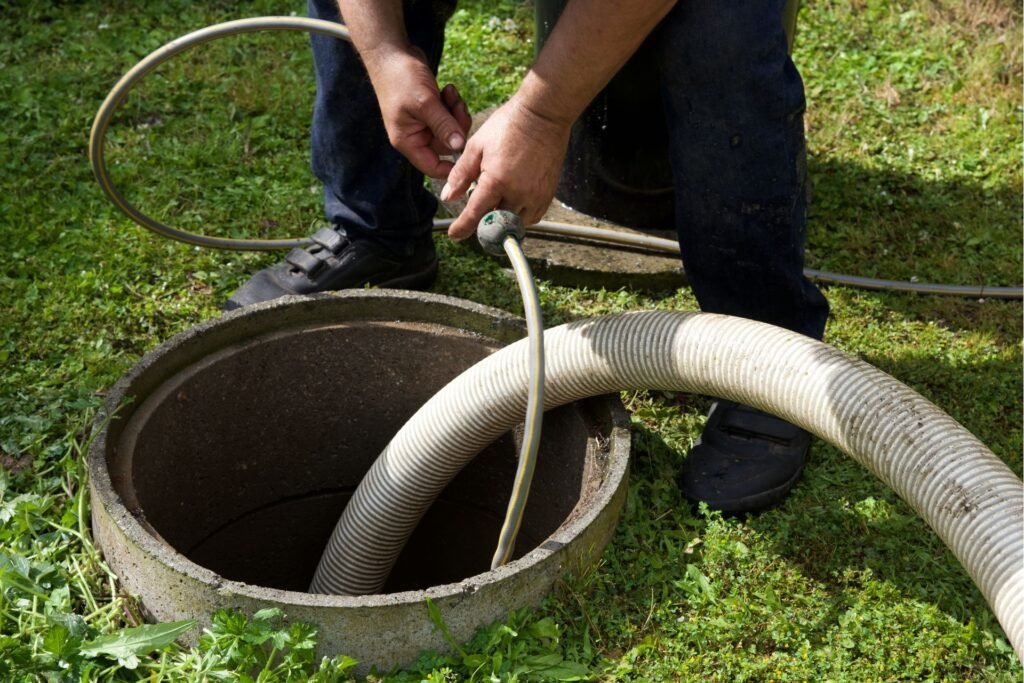
Is Vinegar Safe For Septic Systems?
When it comes to maintaining a septic system, homeowners are often cautious about what goes down the drain. Vinegar, a common household item known for its cleaning and deodorizing properties, is frequently used as a natural alternative to harsh chemicals. But is vinegar truly safe for septic systems? Let’s explore this question by examining the potential impact of vinegar on septic tanks and how it compares to other common cleaning agents.
Potential Impact of Vinegar on Septic Systems
Vinegar, especially white distilled vinegar, is praised for its versatility in cleaning. It’s a natural acid, with a pH level around 2.5, making it effective at breaking down grime, cutting through grease, and even disinfecting surfaces. However, the very property that makes vinegar an effective cleaner—its acidity—also raises concerns about its impact on septic systems.
A septic system relies heavily on a delicate balance of bacteria within the tank to break down and process waste. These bacteria are crucial for the system to function properly, turning organic matter into liquids and gases that can be safely absorbed by the drain field. The concern with vinegar stems from the idea that its acidic nature could potentially disrupt this bacterial balance. In theory, if too much vinegar is introduced into the system, it could lower the pH level inside the tank, creating an environment that is less hospitable for the bacteria needed to keep the system running smoothly.
However, it’s important to consider the quantity of vinegar typically used. Small amounts of vinegar, like what might be used for routine cleaning, are unlikely to significantly alter the pH of an entire septic tank. Experts generally agree that occasional use of vinegar in normal household cleaning tasks does not pose a threat to the health of a septic system. Some studies have even suggested that the impact of vinegar on septic systems is minimal, particularly when compared to other, more aggressive cleaning agents.
Comparison with Other Common Cleaning Agents
To fully understand the safety of vinegar in septic systems, it’s helpful to compare it with other common cleaning products like bleach or chemical drain cleaners. Bleach, for example, is known for its strong disinfecting properties, but it’s also incredibly harsh on septic systems. Unlike vinegar, which is mildly acidic, bleach is highly alkaline and can kill off the beneficial bacteria in a septic tank, leading to potential system failures if used excessively.
Chemical drain cleaners are another example of products that can wreak havoc on septic systems. These cleaners are often composed of strong acids or bases designed to dissolve clogs, but they also carry the risk of disrupting the bacterial ecosystem in the tank. Their aggressive nature makes them far more dangerous to septic systems than vinegar.
In comparison, vinegar is much gentler. While it does have the potential to alter the pH of a septic tank, its effects are significantly less severe than those of bleach or chemical cleaners. For homeowners looking for a safe, natural cleaning solution that won’t harm their septic system, vinegar is often considered a preferable option.
In summary, vinegar is generally safe for use in septic systems, particularly when used in moderation for regular household cleaning. Its mild acidity is unlikely to cause significant harm to the bacterial balance within the tank, especially when compared to stronger cleaning agents like bleach and chemical drain cleaners. While it’s always wise to be cautious about what you put down the drain, using vinegar as a cleaning solution is unlikely to pose a threat to the health of your septic system.
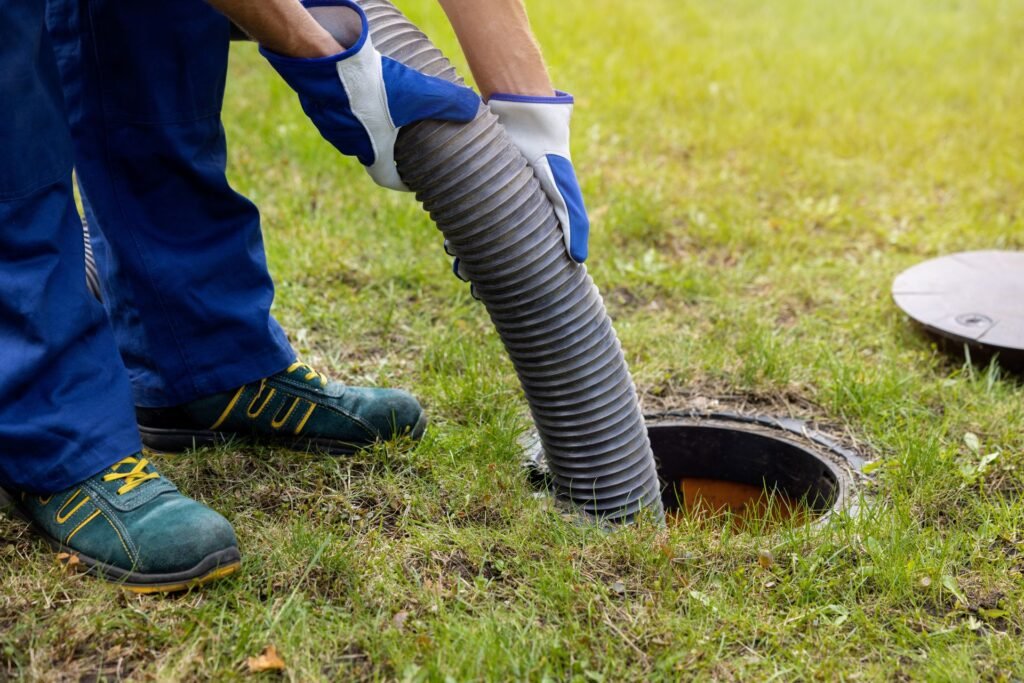
Benefits Of Using Vinegar In Homes With Septic Systems
Natural and Eco-Friendly Cleaning
One of the most compelling reasons to use vinegar in homes with septic systems is its natural and eco-friendly nature. Unlike many commercial cleaning products that are laden with harsh chemicals, vinegar is a simple, non-toxic substance that can effectively clean and disinfect your home. The acidity in vinegar allows it to break down dirt, grime, and even some bacteria without introducing harmful substances into your septic system.
Using vinegar instead of chemical cleaners can reduce the risk of harming the delicate balance of microorganisms within your septic tank. These microorganisms are crucial for breaking down waste and maintaining the overall health of your septic system. By opting for vinegar, you’re choosing a product that is not only safer for your home but also kinder to the environment. It’s a small change that can make a big difference in reducing your household’s chemical footprint.
Preserving Bacterial Balance
Your septic system relies heavily on a thriving population of beneficial bacteria to function properly. These bacteria break down organic waste, preventing the buildup of sludge and minimizing the risk of clogs or backups. The use of harsh chemicals, such as bleach or ammonia, can disrupt this bacterial balance, leading to a host of septic system problems.
Vinegar, when used in moderation, can actually help maintain this delicate balance. While it does have mild antibacterial properties, vinegar is not potent enough to harm the beneficial bacteria in your septic tank. Instead, it can support a healthy microbial environment by ensuring that harmful bacteria are kept in check without negatively impacting the beneficial ones. This makes vinegar an ideal choice for those looking to preserve the health and efficiency of their septic system while still keeping their home clean.
Cost-Effectiveness
In addition to its environmental and septic system benefits, vinegar is also an incredibly cost-effective cleaning solution. A gallon of vinegar is typically much cheaper than a gallon of commercial cleaning products, and it can be used for a wide range of household tasks—from cleaning windows and countertops to deodorizing drains.
For homeowners with septic systems, this cost-effectiveness extends beyond just the price tag. By using vinegar, you’re potentially saving money on septic system maintenance and repairs. Since vinegar is less likely to disrupt the bacterial balance in your septic tank, you can avoid the costly issues that can arise from using harsher chemicals. This makes vinegar not only a budget-friendly cleaning option but also a wise investment in the long-term health of your septic system.
In summary, using vinegar in homes with septic systems offers a multitude of benefits. It’s a natural and eco-friendly cleaning agent, it helps preserve the crucial bacterial balance within your septic tank, and it’s a cost-effective alternative to more expensive and potentially harmful chemical cleaners. By making vinegar your go-to cleaning product, you’re taking a proactive step in safeguarding both your home and your septic system.

Best Practices For Using Vinegar In Septic Systems
When it comes to maintaining a healthy septic system, knowing the best practices for using vinegar can make a big difference. Vinegar is often hailed as a natural, eco-friendly alternative to harsh chemical cleaners, but using it correctly is crucial to avoid any negative impact on your septic system.
Dos and Don’ts
Dos
- Dilute Your Vinegar: One of the best practices for using vinegar in homes with septic systems is to always dilute it before use. A mixture of half vinegar and half water is typically sufficient for most cleaning tasks. This dilution helps minimize the acidity level that enters your septic system, reducing the risk of disrupting the natural bacterial balance that is essential for breaking down waste.
- Use Sparingly: While vinegar is a great cleaner, it’s important to use it sparingly. Regular use of diluted vinegar is usually safe, but overuse can lead to an increase in acidity levels, which might upset the microbial activity in your septic tank. Stick to small amounts for routine cleaning tasks.
Don’ts
- Avoid Concentrated Use: Refrain from using concentrated vinegar directly in large quantities, especially when it comes to flushing or pouring it down the drain. High acidity levels from concentrated vinegar can be too harsh on the septic system, potentially killing off beneficial bacteria that play a vital role in breaking down waste.
- Don’t Mix with Harsh Chemicals: Never mix vinegar with harsh chemical cleaners, such as bleach or ammonia, before pouring it down your drains. The combination can create toxic fumes and may disrupt the delicate balance within your septic system.
How Much is Too Much?
Understanding the right amount and frequency of vinegar usage is key to maintaining a healthy septic system. While vinegar is generally safe, overdoing it can lead to issues.
- Recommended Amount: For general cleaning purposes, use about one to two cups of diluted vinegar per week. This amount is usually safe and effective for cleaning surfaces, drains, and toilets without overwhelming your septic system. If you’re using vinegar for a larger job, like unclogging a drain, be sure to follow up with plenty of water to dilute any excess acidity.
- Frequency: Vinegar should not be the go-to solution for all cleaning tasks if you have a septic system. Limit its use to once or twice a week for regular cleaning tasks. Overuse, particularly in high concentrations, can disrupt the pH balance within the tank, leading to potential issues with waste breakdown.
Combining Vinegar with Other Natural Products
Using vinegar in combination with other natural, septic-friendly cleaning agents can enhance its effectiveness without compromising your septic system.
- Safe Combinations: Vinegar works well with baking soda, a gentle abrasive that can help scrub surfaces clean. This combination is especially effective for cleaning drains or removing tough stains. When used together, the chemical reaction between vinegar and baking soda creates a fizzy, bubbling action that can help break down clogs without harming your septic system.
- Caution with Other Products: Be cautious when combining vinegar with other natural products. Some, like lemon juice or essential oils, can be acidic or oily, which might not be ideal for frequent use in a septic system. Always research and ensure that any products you combine with vinegar are safe for septic systems.
By following these best practices, you can safely use vinegar as part of your cleaning routine without worrying about damaging your septic system. Remember, moderation is key, and when in doubt, it’s better to err on the side of caution to keep your system functioning optimally.
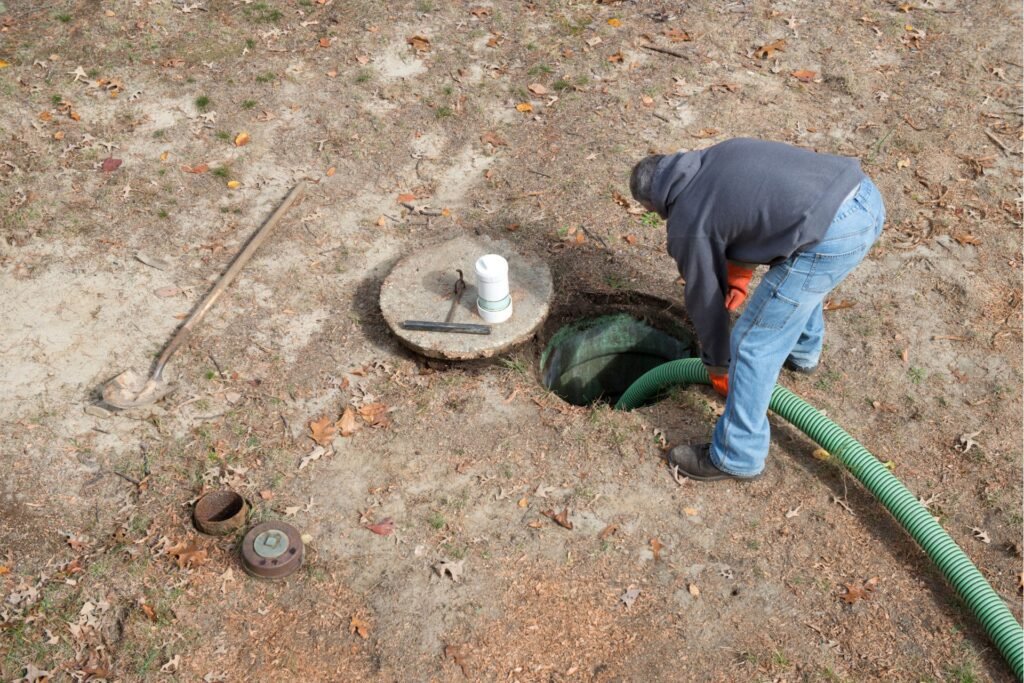
Alternative Septic-Safe Cleaning Solutions
When it comes to maintaining your septic system, using the right cleaning products is essential. Many commercial cleaners can harm the beneficial bacteria in your septic tank, leading to costly issues down the line. Fortunately, several natural alternatives are not only effective but also safe for your septic system. In this section, we’ll explore some of these alternatives and provide simple DIY cleaning recipes that you can try at home.
Other Natural Cleaners
While vinegar is a popular choice for septic-safe cleaning, it’s far from the only option. Several other natural products can help you keep your home clean without compromising your septic system’s health.
- Baking Soda: Known for its ability to neutralize odors and break down grease, baking soda is a versatile cleaner. You can use it to scrub surfaces, deodorize drains, and even freshen up your laundry. Because it’s a mild alkaline substance, it won’t harm the delicate balance of bacteria in your septic tank.
- Lemon Juice: With its natural acidity and fresh scent, lemon juice is another excellent septic-safe cleaner. It’s particularly effective for cutting through grease and leaving surfaces sparkling clean. The natural oils in lemon juice can also help to remove tough stains and leave a pleasant aroma in your home.
- Castile Soap: Made from vegetable oils, castile soap is a biodegradable and septic-safe option for cleaning everything from dishes to floors. It’s gentle enough for household use yet powerful enough to tackle tough dirt and grime.
- Hydrogen Peroxide: Although it’s often used for medical purposes, hydrogen peroxide can also be a great cleaning agent. It’s effective at killing bacteria, mold, and mildew while being safe for your septic system. Just be sure to dilute it properly to avoid overuse.
DIY Cleaning Recipes
Creating your own cleaning solutions is a great way to ensure that your products are septic-safe. Not only do these DIY recipes use natural ingredients, but they’re also cost-effective and easy to make.
- All-Purpose Cleaner: Combine 1 cup of water with 1 cup of white vinegar in a spray bottle. Add 10-15 drops of essential oil (like lemon or lavender) for fragrance. Shake well before use. This mixture is perfect for cleaning countertops, windows, and other surfaces. The vinegar naturally disinfects, while the essential oil adds a fresh scent.
- Drain Cleaner: Pour ½ cup of baking soda down the drain, followed by 1 cup of white vinegar. Let it sit for 15-20 minutes, then flush with hot water. This powerful combination helps to clear clogs and freshen drains without the need for harsh chemicals.
- Toilet Bowl Cleaner: Mix 1 cup of baking soda with 1 cup of white vinegar. Pour the mixture into the toilet bowl and let it sit for 10-15 minutes. Scrub with a toilet brush and flush. This natural cleaner effectively removes stains and odors while being gentle on your septic system.
- Floor Cleaner: In a bucket, mix ½ cup of white vinegar with 1 gallon of warm water. Add a few drops of castile soap and 10-15 drops of your favorite essential oil. Use this mixture to mop your floors. It leaves them clean and streak-free without harming your septic system.
Using these alternative cleaning solutions can help you maintain a clean home while protecting your septic system. Not only are they effective, but they also offer peace of mind, knowing that you’re not contributing to potential septic system failures or environmental harm. As with any product, it’s always best to use them in moderation and monitor your system for any signs of issues.

Signs Of Septic System Problems
Common Issues to Watch For
Your septic system works quietly and efficiently behind the scenes, but it can start to show signs of trouble over time. Being vigilant about these signs is crucial for preventing more severe problems down the line. Here are some common indicators that your septic system might be in trouble:
- Slow Drains: One of the earliest signs of a septic system issue is slow draining water. If your sinks, bathtubs, or showers take longer than usual to drain, it could indicate that your septic tank is full or that there’s a blockage in the system. While a single slow drain might just be a localized clog, multiple slow drains throughout your home usually point to a more systemic issue.
- Unpleasant Odors: If you notice a persistent foul smell around your drains, toilets, or outside near the septic tank, it’s a red flag. This odor typically resembles rotten eggs or sewage, indicating that the septic tank is either full or leaking. A healthy septic system should contain and process waste without emitting odors, so any unpleasant smells warrant immediate attention.
- Backups in Plumbing: A more severe sign of septic system problems is the backing up of wastewater into your home. This can manifest as sewage coming up through drains or toilets, and it’s usually accompanied by a strong odor. Backups not only pose a health risk but also indicate that your septic system is failing to manage the household waste effectively.
- Pooling Water: If you see unexplained pools of water or overly lush, green grass near your septic tank or drain field, it could be a sign of a leak or overflow. This occurs when the septic system is overloaded, and untreated wastewater starts to surface. Not only is this unsanitary, but it can also lead to significant environmental damage.
- Gurgling Sounds: Strange gurgling noises coming from your drains, pipes, or toilets can also be an indication of septic problems. These sounds are often caused by trapped air in the plumbing system, which can result from a clogged or failing septic system.
When to Seek Professional Help
While some septic system issues can be managed with regular maintenance and minor repairs, there are times when professional intervention is necessary. Knowing when to call a septic system professional can save you from costly repairs and ensure the longevity of your system.
- Persistent or Worsening Symptoms: If you’ve noticed any of the above signs and they persist or worsen over time, it’s time to call in a professional. Ignoring these issues can lead to more severe damage to your septic system, potentially requiring a full replacement.
- Routine Maintenance Checks: Even if you haven’t noticed any problems, it’s wise to have a septic professional inspect your system regularly. These checks can identify potential issues before they become significant problems and ensure your system is functioning correctly.
- After Heavy Rainfall: Septic systems can be particularly vulnerable after heavy rains or flooding. If you experience any unusual symptoms after such events, it’s a good idea to have a professional assess the situation to prevent long-term damage.
- When Buying or Selling a Home: If you’re buying or selling a home with a septic system, a professional inspection is essential. This ensures that the system is in good working order and can provide peace of mind for both parties.
- Unfamiliar or Complex Systems: If your home has a septic system that you’re not familiar with or if the system is particularly old or complex, it’s best to consult with a professional. They can offer guidance on how to properly maintain the system and address any specific concerns.
In summary, being aware of the signs of septic system problems and knowing when to seek professional help is crucial for maintaining a healthy and functional system. Regular inspections and timely interventions can prevent small issues from becoming significant headaches, ensuring your septic system continues to serve your home effectively for years to come.
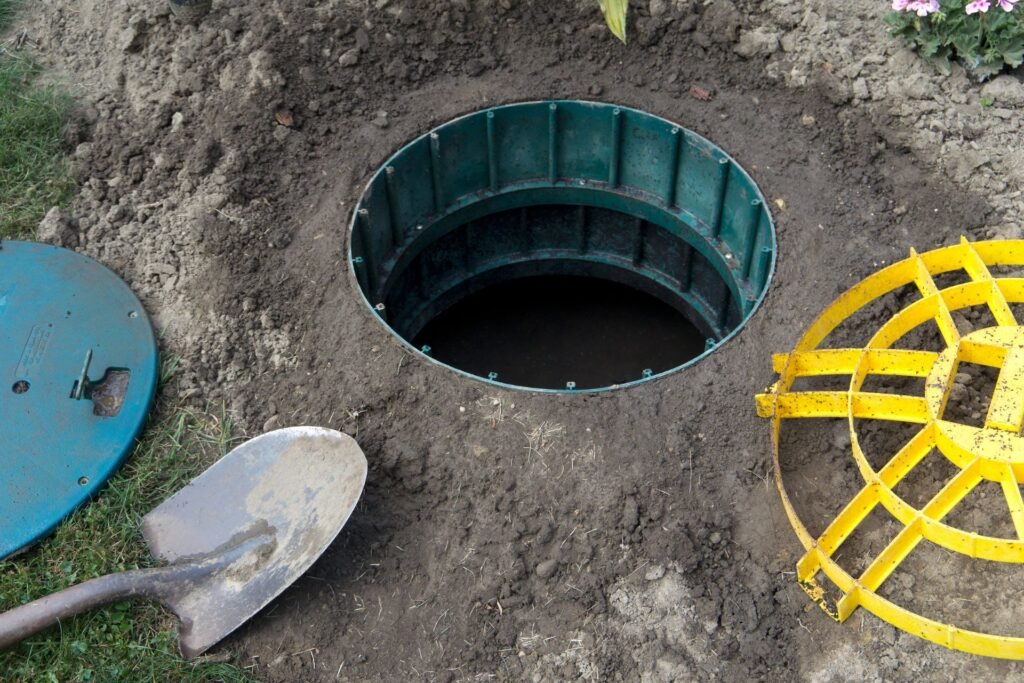
FAQs: About Is Vinegar Safe For Septic Systems
Can vinegar harm my septic system?
Vinegar is unlikely to harm your septic system when used in moderation. Its mild acidity can help clean surfaces without disrupting the essential bacterial balance in your septic tank.
How often can I use vinegar in my home without affecting my septic system?
You can use vinegar regularly in small amounts, such as for daily cleaning tasks. However, avoid using large quantities all at once, as this could potentially lower the pH of your septic system and affect bacterial activity.
Is vinegar better than chemical cleaners for septic systems?
Yes, vinegar is generally a better option for septic systems than harsh chemical cleaners. Chemical cleaners can kill the beneficial bacteria in your septic tank, leading to system malfunctions. Vinegar, on the other hand, is a natural cleaner that is less likely to cause such issues.
Can vinegar kill the bacteria in my septic tank?
Vinegar has mild antibacterial properties, but it is not strong enough to kill the beneficial bacteria in your septic tank if used in normal household cleaning quantities. These bacteria are crucial for breaking down waste in the tank.
What types of vinegar are safe to use with a septic system?
Most types of vinegar, including white vinegar and apple cider vinegar, are safe to use with septic systems. They all share similar acidity levels, which are mild enough not to harm your septic tank.
Can I pour vinegar down the drain if I have a septic system?
Yes, you can pour vinegar down the drain in small amounts. It’s a safe and effective way to clean drains without damaging your septic system. Just be sure not to use it in excessive quantities.
How does vinegar compare to baking soda for septic system safety?
Both vinegar and baking soda are safe for septic systems. Vinegar is acidic, while baking soda is alkaline. They can even be used together for effective, septic-safe cleaning, such as unclogging drains.
What are the signs that vinegar use is affecting my septic system?
Signs that vinegar use might be affecting your septic system include slow drainage, unusual odors, or backups. However, these issues are more likely caused by other factors, as vinegar in small quantities typically does not disrupt septic systems.
Can I use vinegar in my dishwasher or washing machine if I have a septic system?
Yes, using vinegar in your dishwasher or washing machine is safe for septic systems. It can help with cleaning and deodorizing without harming the bacterial balance in your septic tank.
What should I do if I suspect my septic system is affected by vinegar use?
If you suspect that vinegar use has affected your septic system, reduce or pause its use and monitor your system. If problems persist, contact a septic system professional to assess and address the issue.
Conclusion
In conclusion, vinegar can be a safe and effective option for maintaining your septic system when used correctly. By following best practices, such as using moderate amounts and combining vinegar with other natural products, homeowners can enjoy the benefits of a clean and healthy septic system without harming the environment. Natural cleaning solutions like vinegar offer a sustainable alternative to harsh chemicals, making them a wise choice for both your home and the planet. As you consider adopting more eco-friendly cleaning habits, we encourage you to try these methods and share your experiences with others in the comments below.
About the Author:
Mike Veail is a recognized digital marketing expert with over 6 years of experience in helping tradespeople and small businesses thrive online. A former quantity surveyor, Mike combines deep industry knowledge with hands-on expertise in SEO and Google Ads. His marketing strategies are tailored to the specific needs of the trades sector, helping businesses increase visibility and generate more leads through proven, ethical methods.
Mike has successfully partnered with numerous companies, establishing a track record of delivering measurable results. His work has been featured across various platforms that showcase his expertise in lead generation and online marketing for the trades sector.
Learn more about Mike's experience and services at https://theleadguy.online or follow him on social media:
